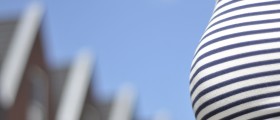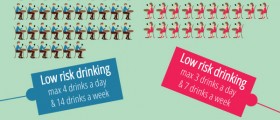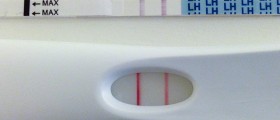
Older women do tend to have a lower chance of getting pregnant during each cycle. Fertility declines with age, and women are much more likely to get pregnant at 40 than at 45, for instance. No matter what your age, your chances of getting pregnant are much higher if you are aware of the basic information surrounding your menstrual cycle. How to get pregnant after 40? With a little help from your friends an ovulation calendar, ovulation tests, or Natural Family Planning AKA charting to conceive. Knowing when you ovulate and having intercourse accordingly will boost your odds. Taking a "wait and see" approach is less likely to work, and when you are in your forties you may not have the luxury of time.
Besides tracking fertility each month, make sure to also detail your ovulation, menstruation, and luteal phase in a journal, along with information about when you had intercourse. This will be helpful for any doctor you may end up seeing about your fertility if you are unable to conceive. It is also useful to remember that your partner's sperm count and general health is very relevant. To increase your chances of getting pregnant after 40, make sure that you're not the only one to make pre-pregnancy health improvements your partner will also greatly increase his chances of getting you pregnant if he is healthy, eats well, exercises regularly and take a folic acid supplement (Really! Folic acid is for men too!).
















Your thoughts on this
Loading...